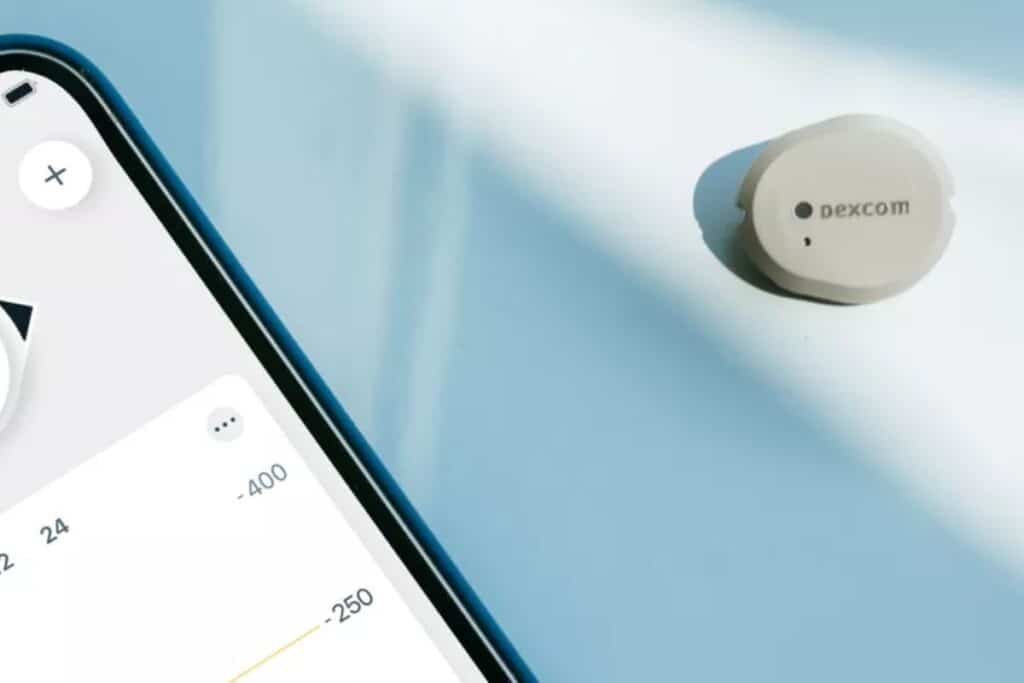In a significant development that’s drawing industry-wide attention, Dexcom—widely recognized as a leader in continuous glucose monitoring (CGM) technology—has recently received a warning letter from the U.S. Food and Drug Administration (FDA). This action underscores the agency’s intensified focus on ensuring that medical device manufacturers maintain rigorous quality management systems and adhere strictly to regulatory standards.
The FDA’s letter points to deficiencies in certain manufacturing processes and quality controls at Dexcom. While the specifics have not been fully disclosed to the public, regulatory experts interpret this as a signal that even industry leaders must continuously scrutinize and update their compliance frameworks. Such measures are designed to safeguard patient safety and ensure that every device performs as intended—a critical factor when lives depend on the accurate monitoring of blood glucose levels.
This isn’t the first time a major player in the medical device field has faced regulatory challenges. In today’s rapidly evolving healthcare environment, the FDA is stepping up its oversight, not only to address potential risks but also to encourage improvements across the board. For Dexcom, this letter is a call to review internal processes and take corrective actions that will not only resolve the current issues but also help fortify its future operations. Industry watchers believe that such regulatory interventions, though disruptive in the short term, can drive long-term enhancements in manufacturing standards and patient safety.
While the company has not yet issued a comprehensive public response, insiders suggest that Dexcom is actively assessing the FDA’s concerns and is poised to implement a robust plan to address them. As a pioneer in CGM technology, the company’s efforts to rectify these issues will be closely monitored by both regulators and the broader healthcare community. The outcome of this process may set an important precedent for how emerging medical device technologies are managed under strict regulatory scrutiny.
For patients who rely on Dexcom’s devices for daily diabetes management, this news might raise concerns. However, it’s important to understand that a warning letter is typically a formal request for improvement rather than an indication that products are unsafe. Regulatory bodies use such letters to ensure continuous quality enhancement and to prompt companies to preemptively address potential risks before they escalate into serious safety issues. This process ultimately reinforces the commitment to patient safety and effective disease management across the healthcare sector.
The FDA’s action against Dexcom serves as a reminder of the ongoing challenges in balancing rapid technological innovation with uncompromising safety standards. As the company works through the necessary corrective actions, the entire CGM industry may benefit from a renewed focus on quality assurance and regulatory compliance. Stakeholders—from patients to healthcare professionals—will be watching closely as Dexcom navigates this complex landscape, with the hope that enhanced oversight today will lead to even more reliable devices tomorrow.







